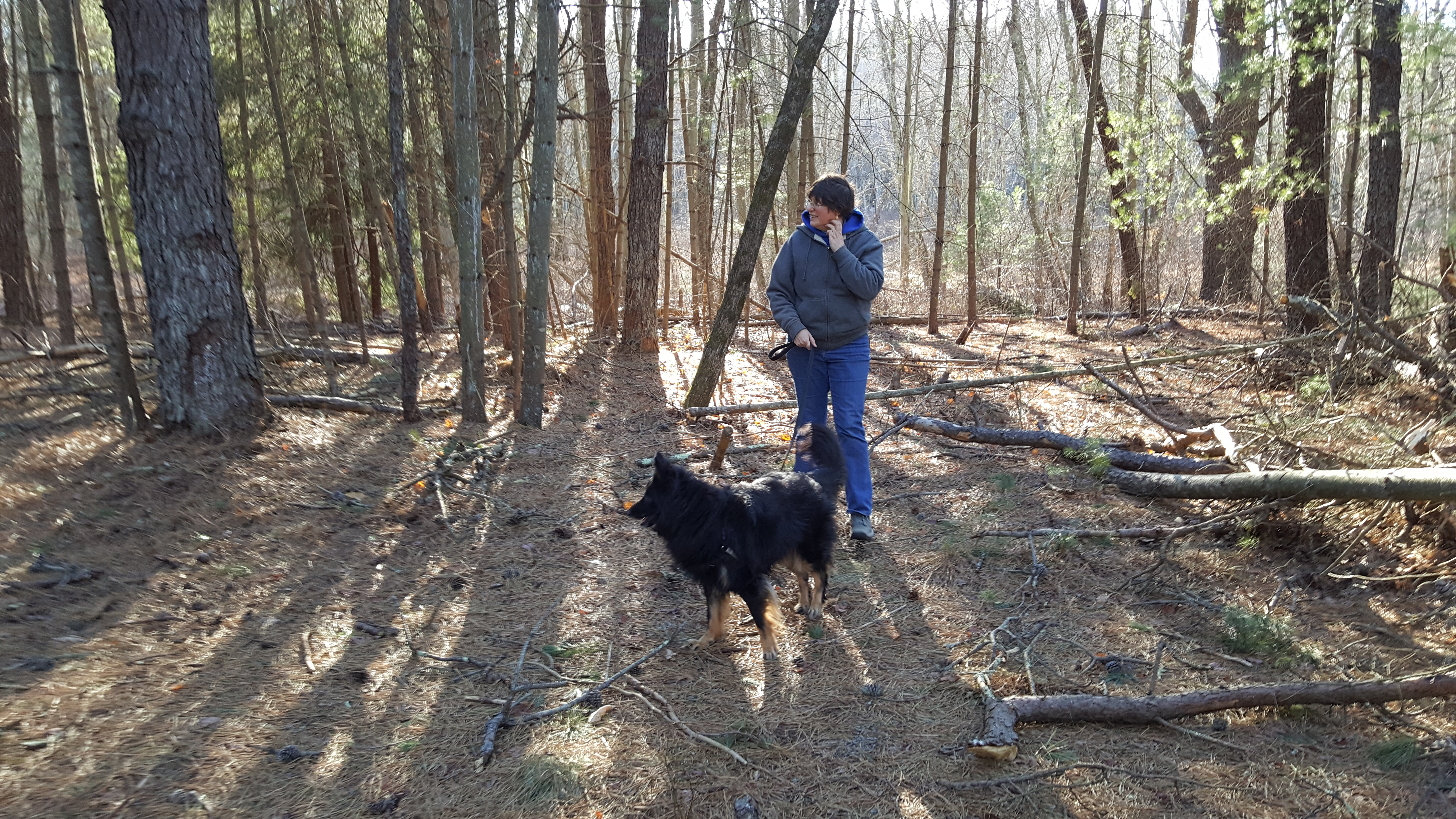Welcome to the Wakefield Doctrine (the theory of clarks, scotts and rogers)
Hey, clarks! Reminder: there is no bad predominant worldview. no less than/more than. just clarks, scotts and rogers. three personal realities, three ways to relate to the world around us and the people who make it up.
and, seeing how clarks tend to be the ones more inclined to consider the notion that a desire to self-improve oneself is a virtue not a sin. arguable that one’s desire in this regard is pro se and not an admission of fault (real and imagined (which, if one is still reading, is inclined to add ‘yeah, like there’s a difference’))
be that as it may, a little experiment this Mundae. A remembrance and celebration of a different time in this tale of the search for the secret of the universe.
Rather than a cut-paste of an old post, we will provide a link to an old post. In most part because we enjoyed the Comment section (of this post). Old ‘friends’ visiting and such.
New Readers: Extra Credit to the shouted, ‘What the hell! Just print the whole fricken thing and we can read what you want us to read. Without having to click yet another hyperlink. What are you, a clark or something? Sure, we get it. You don’t want to risk being criticized by a total stranger for self-promoting yourself. We get it, you’re not a roger. Neither are we, so, print the fuckin’ link and let the world be the judge as you’re sure it is but without the self-indulgence. Speaking from the obvious-by-now perspective of the third predominant worldview, life’s too short to worry about being good enough. being alive is, metaphysician-istically speaking, all you can ask for. everything else is what you do! Where’s that link. lol.
*
#thewakefielddoctrine











